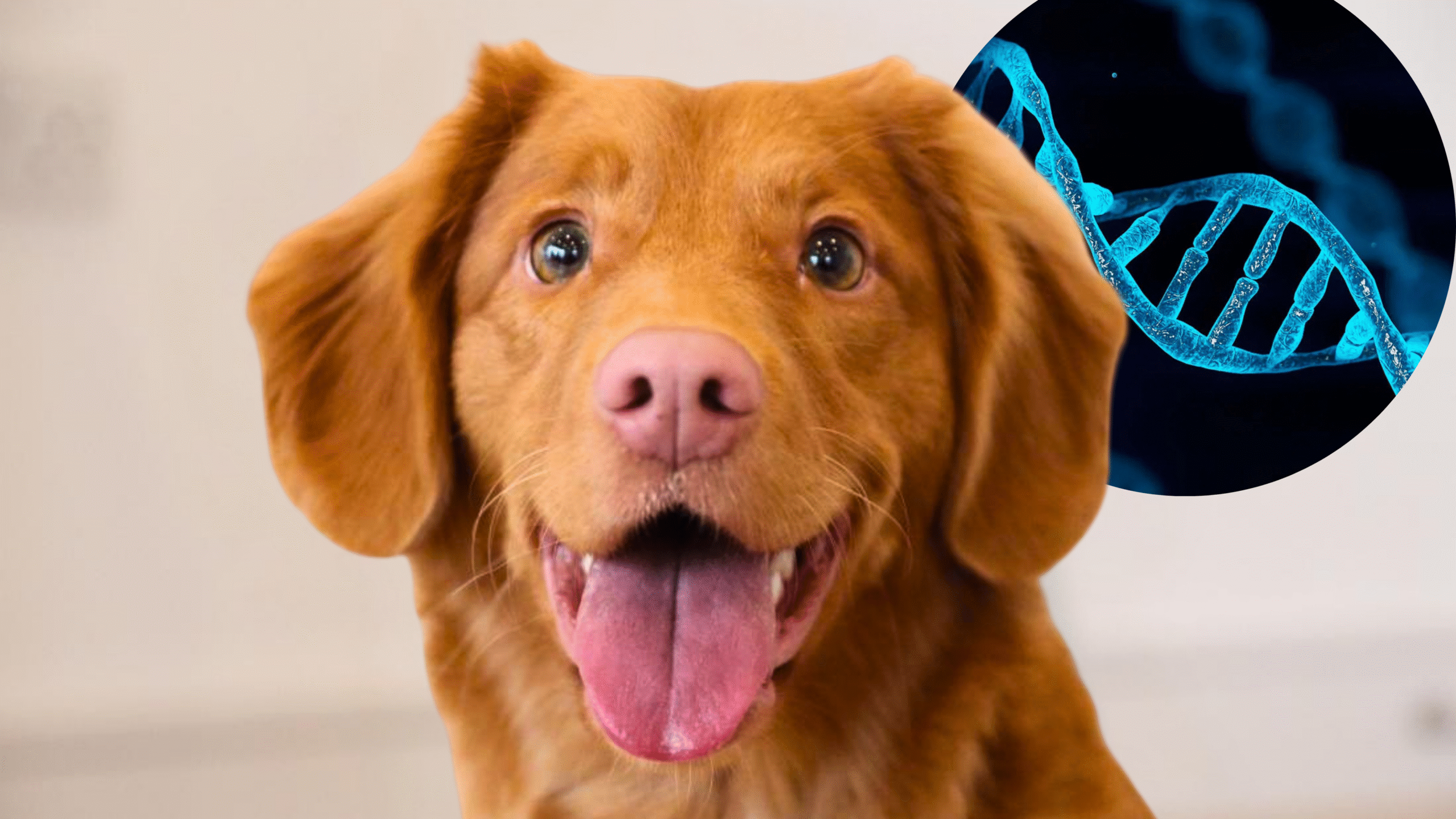According to recent scientific research, dogs may be going through a third wave of domestication as a result of their evolving roles in human society. Dogs have long been used as working animals for jobs like property protection, hunting, and cattle herding. Dogs’ roles changed significantly as societies grew more urbanized and settled. Rather than doing labor-intensive jobs, many dogs are now expected to be companions who offer comfort and emotional support. Oxytocin, sometimes referred to as the “love hormone,” is the hormone responsible for this change in human expectations. Dogs with a particular genetic variation of the oxytocin receptor are more sensitive to the hormone, which makes them more adapted to interact and build relationships with humans, according to a study conducted at Linköping University in Sweden.
Another illustration of this evolutionary change is the development of service dogs. These exceptionally skilled individuals have certain traits that enable them to blend in perfectly with their owners’ lives. According to Duke University researchers Brian Hare and Vanessa Woods, the friendliness and flexibility of service dogs could be the consequence of evolutionary adaptations like to those that took place during the initial domestication of wolves thousands of years ago. These qualities might become even more important in subsequent generations as people continue to value social conduct and composure in dogs, potentially creating a new breed of domestic dog that is more suited to 21st-century lives.
Dogs are projected to play a more sociable and less physically demanding function as human populations become more urbanized. Many canine breeds are finding it difficult to adjust to modern life as a result of this change, which has put further pressure on behavior. Woods and Hare contend that dogs are being pushed by civilization into a third stage of domestication, where the emphasis is on adaptability to human demands and emotional compatibility.

